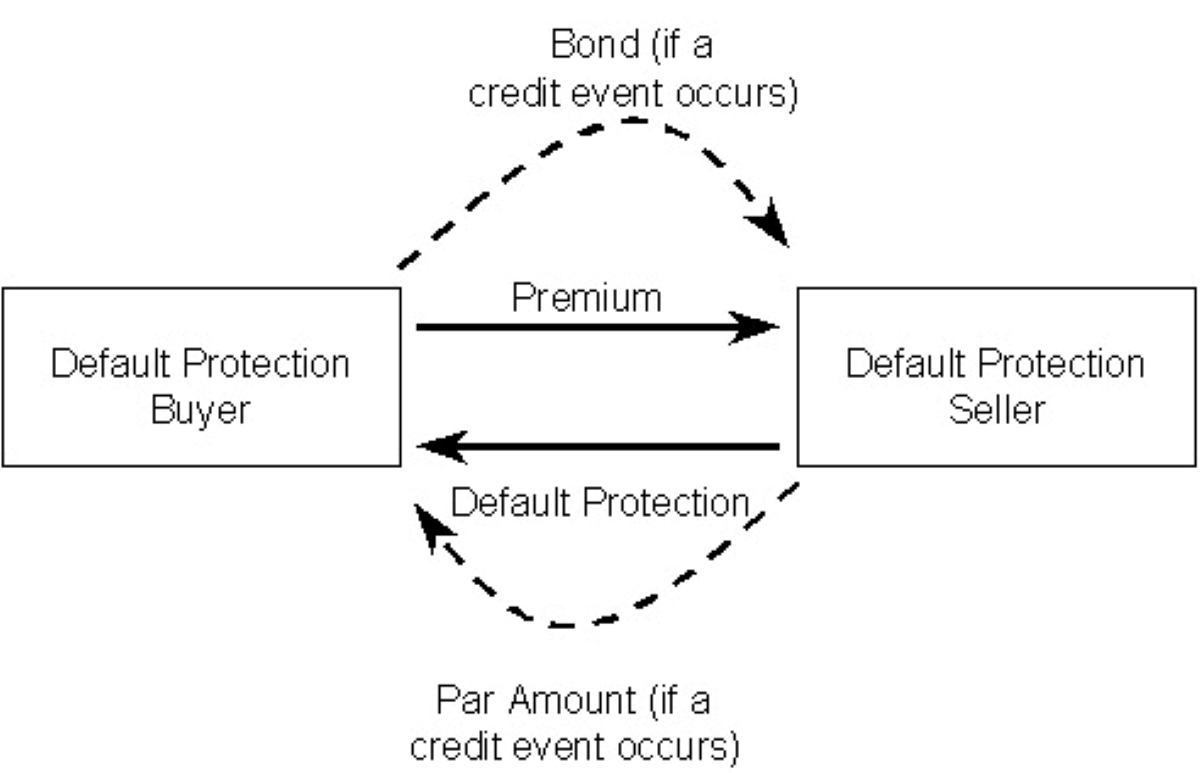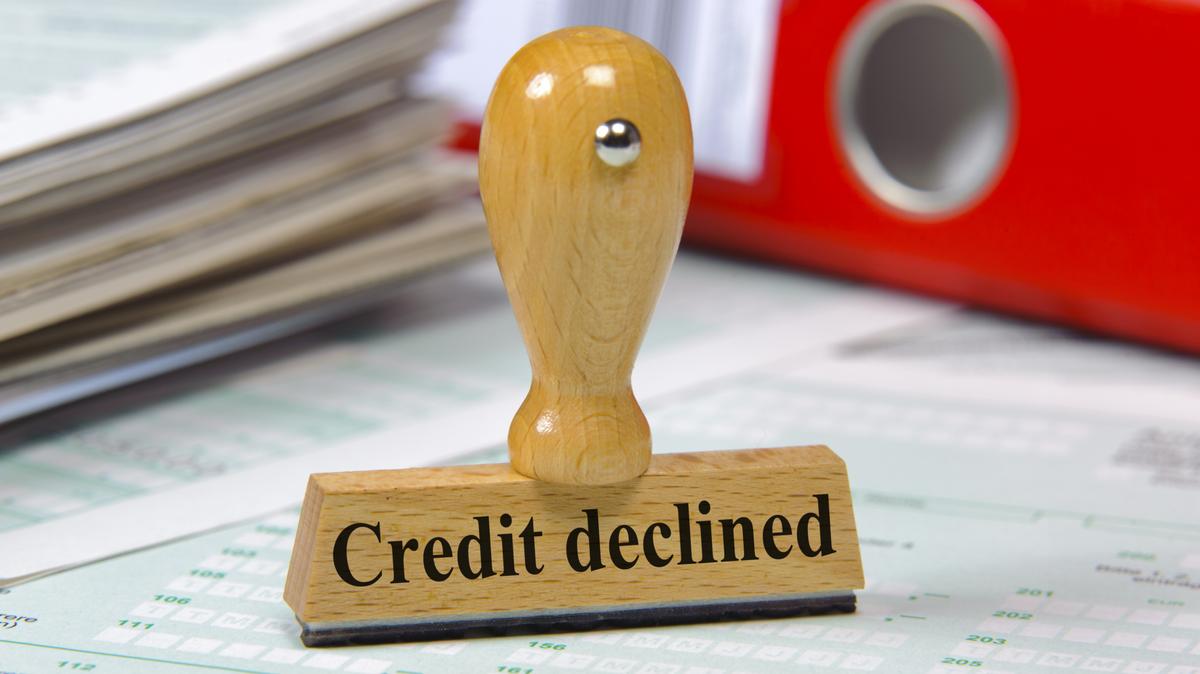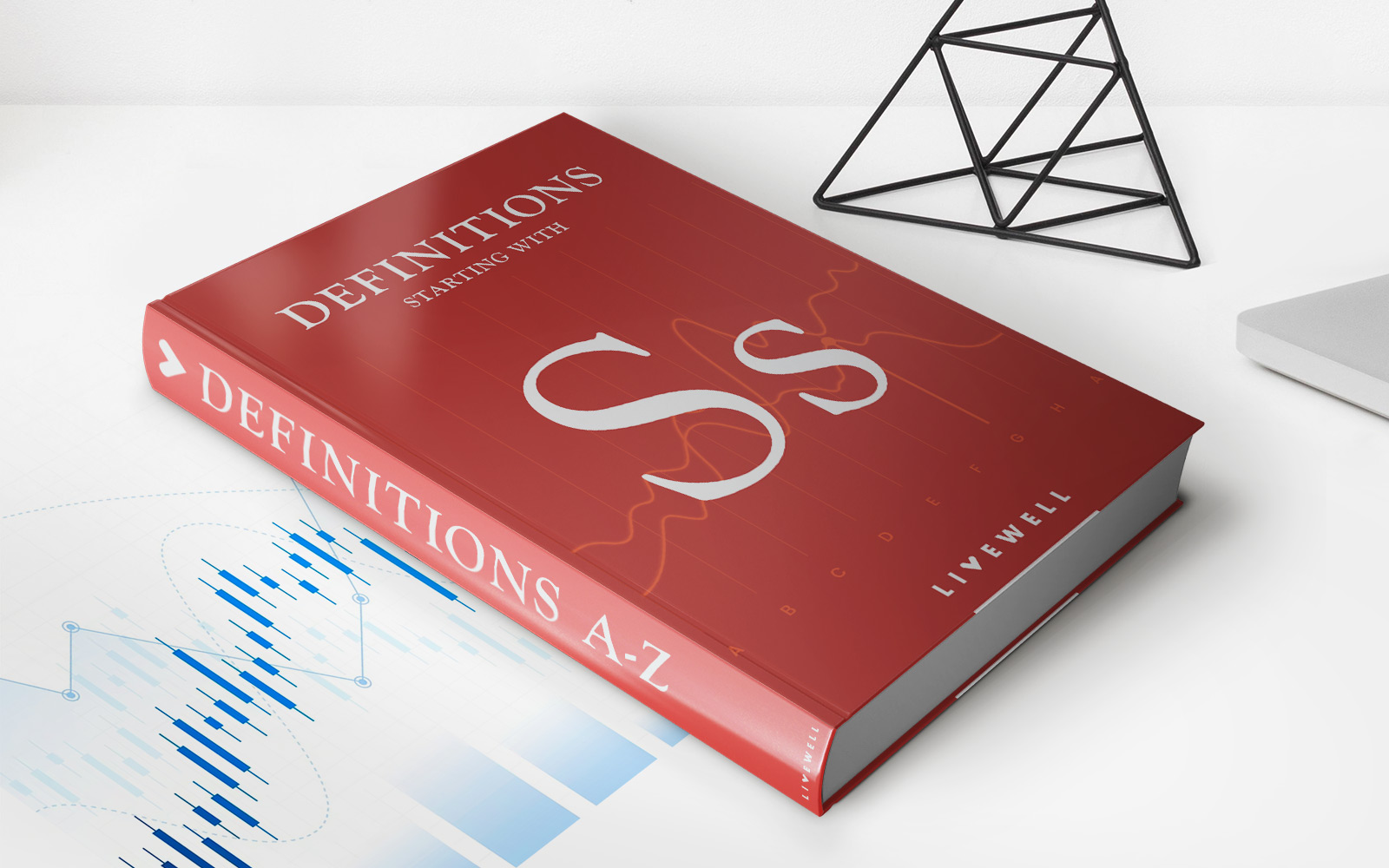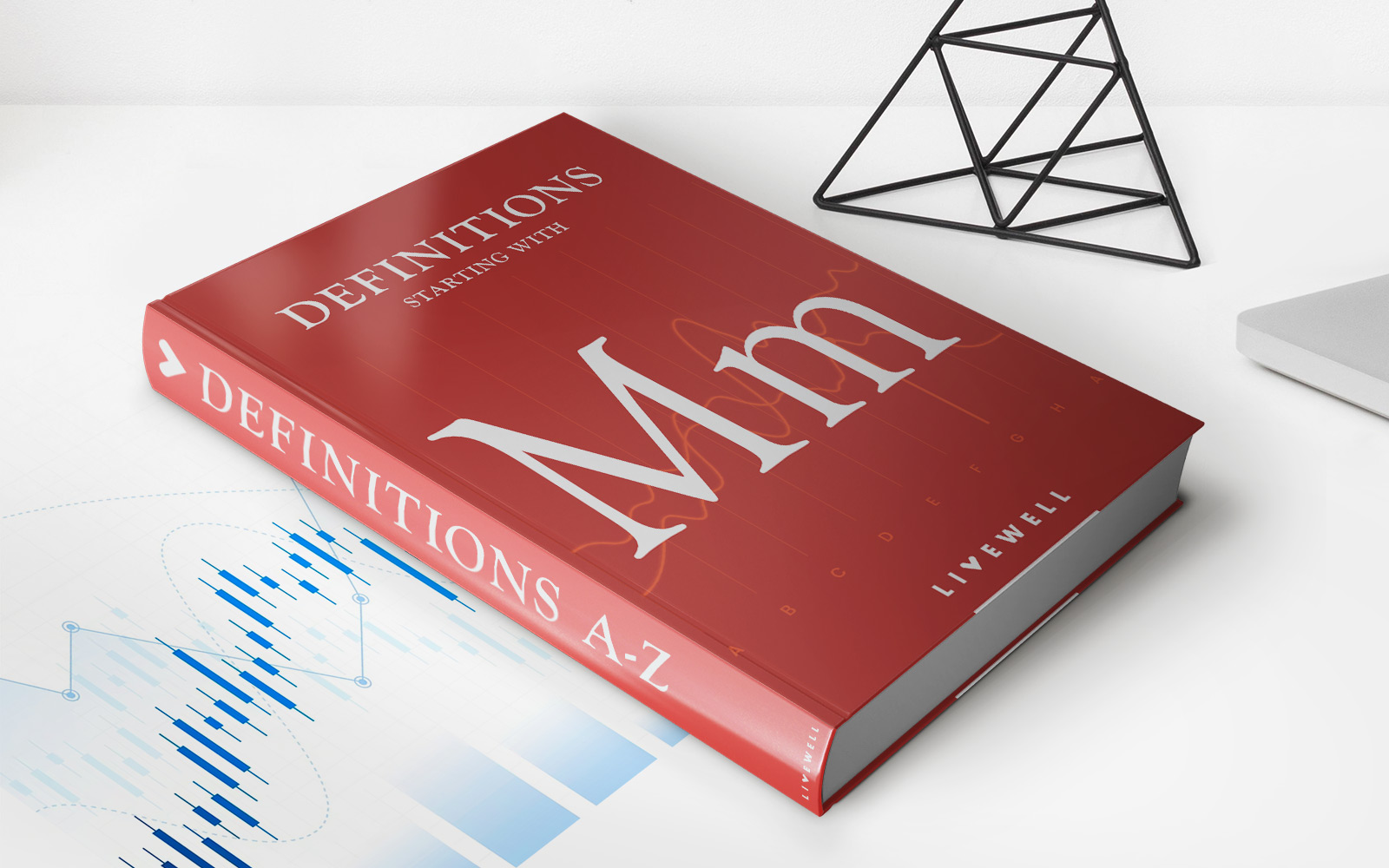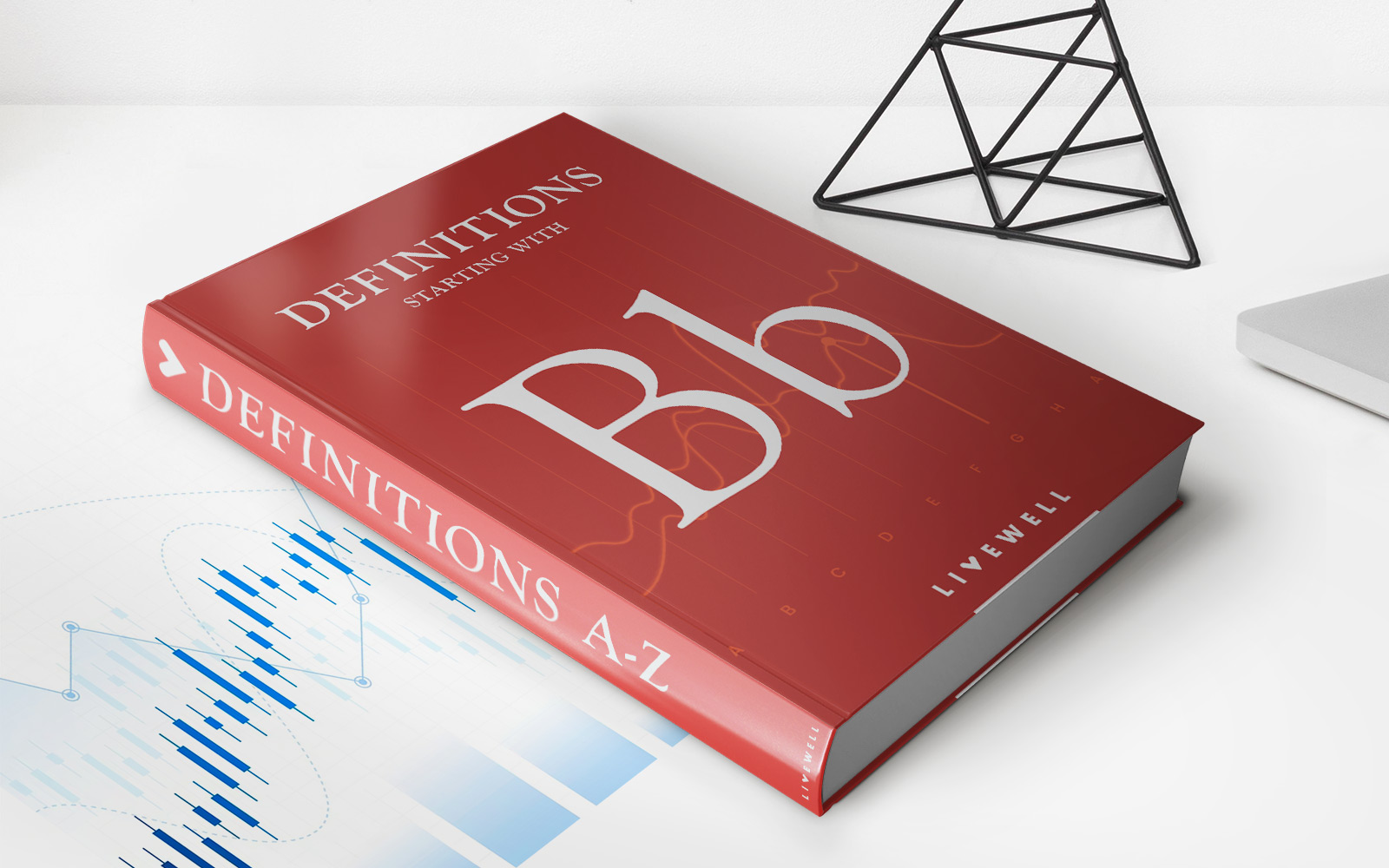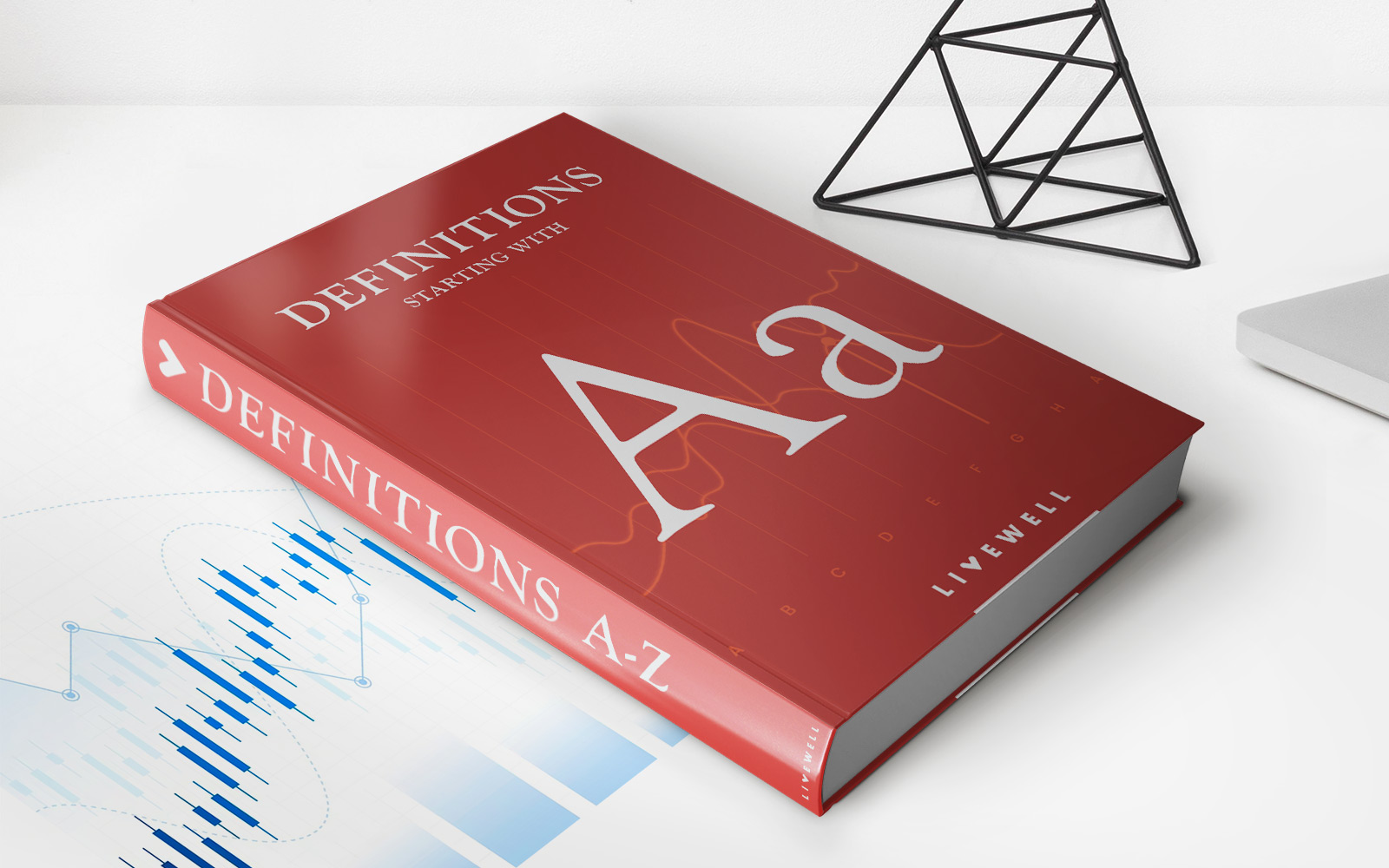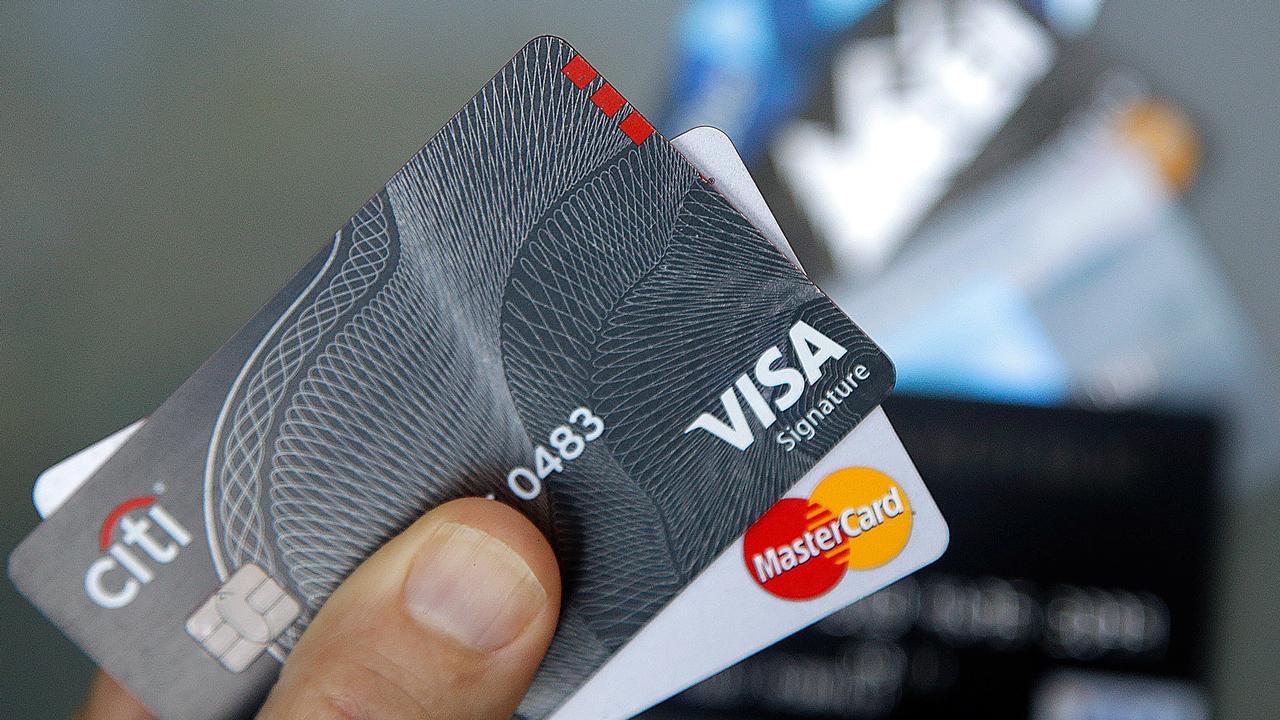

Finance
What Is Considered Short Credit History
Modified: February 21, 2024
Learn what is considered a short credit history and how it can impact your finance. Understand the importance of building credit over time.
(Many of the links in this article redirect to a specific reviewed product. Your purchase of these products through affiliate links helps to generate commission for LiveWell, at no extra cost. Learn more)
Table of Contents
Introduction
When it comes to managing your personal finances, having a solid credit history is essential. It acts as a financial report card, showcasing your ability to borrow and repay funds responsibly. However, not everyone has a lengthy credit history, and some individuals fall into the category of having a short credit history.
A short credit history refers to a limited record of your borrowing and repayment activity. It typically occurs when you are new to credit or have not had many opportunities to establish a credit profile. This can happen to recent graduates, young professionals just starting their careers, or individuals who have always relied on cash for their financial needs.
While it may not seem like a big concern, having a short credit history can have implications for your financial well-being. It can make it challenging to qualify for loans, obtain favorable interest rates, or even rent an apartment. Therefore, it is crucial to understand the importance of credit history and take steps to build a strong one.
In this article, we will delve into the concept of short credit history, explore its significance, and discuss strategies to build a solid credit profile. Additionally, we will highlight common mistakes to avoid along the way. By the end, you will have a better understanding of how to navigate the world of credit and set yourself up for financial success.
Definition of Short Credit History
A short credit history refers to a limited or minimal record of an individual’s borrowing and repayment activity. It indicates that the person has not had many opportunities to establish a comprehensive credit profile. Typically, this situation arises when someone is new to credit or has not actively used credit in the past.
For individuals who are just starting their financial journey or have primarily relied on cash for their expenses, building a credit history can be a bit challenging. Unlike individuals with a long credit history, those with a short credit history may have fewer credit accounts, fewer loan repayments, and overall limited data available for lenders and credit bureaus to evaluate their creditworthiness.
Generally, credit history is based on the information contained in your credit reports, which include details about your credit accounts, payment history, outstanding balances, and any negative information such as late payments or defaults. These reports are maintained by credit bureaus, such as Equifax, Experian, and TransUnion, who collect and compile information from various sources, including lenders and financial institutions.
When determining the length of a credit history, the focus is usually on the age of the oldest account and the average age of all accounts. The older and more established your credit accounts, the stronger your credit history will be. However, if you have only recently started using credit or have few accounts, your credit history may be considered short.
It is important to note that having a short credit history does not imply you have a negative credit history. It simply means that there is limited data available for lenders to assess your creditworthiness based on past behavior and repayment patterns. In essence, a short credit history can be seen as a blank canvas, providing an opportunity for individuals to build a positive credit profile from scratch.
Importance of Credit History
Your credit history plays a crucial role in your financial life. Lenders, landlords, and even potential employers often rely on it to assess your financial responsibility and make important decisions. Here are some key reasons why credit history is important:
- Access to Credit: A strong credit history is essential for obtaining credit cards, loans, and mortgages. Lenders use your credit history to determine whether to approve your application and what terms and interest rates to offer you. Individuals with a short credit history may find it difficult to qualify for certain types of credit or may be offered less favorable terms.
- Interest Rates: Your credit history can significantly impact the interest rates you are offered for loans and credit cards. Borrowers with a long and positive credit history often qualify for lower interest rates, which can save them a substantial amount of money in interest payments over time.
- Increased Borrowing Power: A solid credit history can help you increase your borrowing capacity. Lenders are more likely to extend higher credit limits to individuals with a proven track record of responsible borrowing and repayments.
- Rental Applications: Landlords and property managers often review credit history to assess rental applications. A positive credit history can give you an edge in securing a desirable rental property, while a short credit history may be viewed as a potential risk.
- Employment Opportunities: Certain employers, particularly those in finance or positions that involve handling money, may evaluate your credit history as part of the hiring process. They may view a strong credit history as a reflection of your trustworthiness and financial responsibility.
- Insurance Premiums: In some cases, insurance companies may consider your credit history when determining your premiums. A positive credit history can translate into lower insurance rates, while a short credit history may result in higher premiums.
Overall, a well-established credit history demonstrates your ability to manage credit responsibly and indicates your level of financial stability. It can open doors to better financial opportunities, while a short credit history may limit your options and make it more challenging to achieve your goals.
Factors Affecting Credit History
Your credit history is influenced by several factors that lenders and credit bureaus consider when evaluating your creditworthiness. Understanding these factors can help you make informed financial decisions and build a strong credit history. Here are some key factors that can impact your credit history:
- Payment History: Your payment history is one of the most crucial factors in your credit history. It reflects whether you have made your credit payments on time or if you have missed any payments. Consistently making timely payments helps establish a positive credit history, while late payments or defaults can have a negative impact.
- Credit Utilization: Credit utilization refers to the amount of credit you are using compared to your total credit limit. Ideally, it is advisable to keep your credit utilization below 30% to maintain a favorable credit history. High credit utilization can signal potential financial strain and may negatively impact your credit score.
- Length of Credit History: The length of your credit history considers the age of your accounts and the overall duration for which you have had credit accounts. Lenders generally view a longer credit history as more favorable, as it provides a more comprehensive picture of your borrowing and repayment patterns.
- Credit Mix: Having a diverse mix of credit accounts, such as credit cards, loans, and a mortgage, can positively impact your credit history. It shows that you can handle various types of credit responsibly. However, it is important to note that opening multiple accounts solely to improve your credit mix can also have negative consequences if not managed wisely.
- New Credit: When you apply for new credit, it can temporarily impact your credit history. Too many inquiries or new accounts within a short period may raise concerns about your financial stability and potentially lower your credit score.
- Public Records: Negative public records, such as bankruptcies, tax liens, or civil judgments, can significantly impact your credit history. These records can stay on your credit report for several years and may indicate a higher risk to lenders.
It is important to note that each factor carries a different weight in determining your credit history. While some factors, like payment history, hold significant importance, others may have a lesser impact. Nevertheless, maintaining a consistent and positive approach to all these factors will contribute to a stronger credit history.
By understanding these factors, you can take proactive steps to manage your credit responsibly and establish a favorable credit history. It’s important to monitor your credit report regularly and address any inaccuracies or negative information that may hinder your credit history. Building a strong credit history takes time and effort, but the benefits are worth it in the long run.
Implications of Having Short Credit History
Having a short credit history can have several implications on your financial life. While it may not necessarily be negative, it can present challenges and limitations when it comes to borrowing money, obtaining favorable interest rates, and even securing rental agreements. Here are some key implications of having a short credit history:
- Difficulty Obtaining Credit: Lenders rely on your credit history to assess your creditworthiness and determine whether to extend credit to you. With a short credit history, you may face difficulties in obtaining credit cards, loans, or mortgages. Without a track record of responsible borrowing and repayment, lenders may view you as a higher risk.
- Higher Interest Rates: When you do get approved for credit, having a short credit history may result in higher interest rates. Lenders may offer less favorable terms due to the lack of historical data to evaluate your creditworthiness. This can lead to higher borrowing costs over time.
- Limited Loan Options: Certain loan programs or products may require a more robust credit history for eligibility. For example, some mortgage lenders may require a minimum credit history of a few years. Having a short credit history may limit your options when it comes to borrowing for large purchases.
- Higher Insurance Premiums: Insurance companies often consider your credit history when determining your insurance premiums. With a short credit history, you may be deemed as more of a risk, resulting in higher insurance rates for policies such as auto or homeowner’s insurance.
- Restricted Rental Opportunities: Landlords and property managers commonly request prospective tenants’ credit history to determine their reliability in paying rent on time. With a short credit history, you may face difficulties in renting apartments or homes. Landlords may perceive a lack of established credit as a potential risk.
- Delayed Financial Goals: Building a strong credit history is an important step in achieving financial goals such as homeownership or starting a business. With a short credit history, it may take longer to establish the necessary creditworthiness and financial stability to pursue these aspirations.
It’s important to note that these implications are not permanent, and you have the opportunity to improve your credit history over time. By adopting responsible financial habits, such as making timely payments, minimizing credit utilization, and diversifying your credit mix, you can gradually build a positive credit history.
Being aware of the implications of having a short credit history can motivate you to take action and actively work towards building a strong credit profile. By doing so, you can improve your financial standing and open doors to better borrowing opportunities and financial possibilities in the future.
Strategies to Build Credit History
Building a strong credit history takes time and effort, but with the right strategies, you can establish a positive credit profile. Here are some effective strategies to help you build your credit history:
- Open a Credit Card: Consider applying for a credit card specifically designed for individuals with limited or no credit history. Responsible credit card usage, such as making small purchases and paying the balance in full each month, can help establish a positive payment history.
- Consider a Secured Credit Card: If you’re having difficulty qualifying for a traditional credit card, a secured credit card can be a good alternative. With a secured card, you provide a security deposit, which serves as collateral. Your payment history is reported to the credit bureaus, helping you build credit.
- Become an Authorized User: Ask a family member or trusted individual with good credit to add you as an authorized user on their credit card. This allows their positive credit history to be reflected on your credit report, helping you establish credit.
- Make Timely Payments: Pay all your bills, loans, and credit card balances on time. Consistently making timely payments demonstrates your reliability and responsibility in managing credit.
- Keep Credit Utilization Low: Aim to keep your credit card balances low in relation to your credit limits. Keeping your credit utilization below 30% is generally recommended. High credit utilization can indicate financial strain and impact your credit score negatively.
- Monitor Your Credit Report: Regularly review your credit report to ensure accuracy and detect any potential errors. Dispute any inaccurate information promptly to maintain a clean credit history.
- Apply for Credit in Moderation: While it’s important to have a credit history, avoid applying for multiple loans or credit cards within a short period. Too many credit inquiries can signal financial instability and temporarily lower your credit score.
- Consider Credit Builder Loans: Credit builder loans are specifically designed to help individuals build credit. These loans involve borrowing a small sum of money and making regular payments, which are reported to credit bureaus. Once you’ve repaid the loan, you’ll have positive payment history on your credit report.
- Manage Your Student Loans: If you have student loans, make sure to make your payments on time. Student loan repayment history can significantly impact your credit history, so staying on top of your payments is crucial.
- Practice Patience: Building a strong credit history takes time. Be patient, and avoid taking on excessive debt or engaging in risky financial behavior. Consistent responsible financial habits will help you establish a solid credit profile over time.
Building a credit history is a gradual process, but by adopting these strategies, you can lay a strong foundation for your financial future. Remember to use credit responsibly, make timely payments, and stay vigilant about your credit report. With time and responsible financial management, you can establish a positive credit history and reap the benefits of improved borrowing opportunities and financial stability.
Common Mistakes to Avoid
When building your credit history, it’s important to be aware of common mistakes that can hinder your progress. By avoiding these pitfalls, you can establish a strong credit profile more effectively. Here are some common mistakes to avoid:
- Missing Payments: Late or missed payments can have a significant negative impact on your credit history. Aim to make all your payments on time to maintain a positive payment history.
- Maxing Out Credit Cards: Using up your entire credit limit or having high credit card balances can signal financial strain and harm your credit score. Keep your credit utilization ratio low by balancing your spending and credit limits.
- Closing Old Credit Accounts: Closing old credit accounts can shorten your credit history and reduce your overall available credit. Instead, consider keeping old accounts open, especially if they have a positive payment history.
- Applying for Excessive Credit: Applying for numerous loans, credit cards, or other types of credit within a short period can be seen as a sign of financial instability. Multiple credit inquiries can also lower your credit score temporarily.
- Ignoring Your Credit Report: Regularly monitor your credit report for errors and inaccuracies. Ignoring your credit report can allow errors to go undetected and negatively impact your credit history. If you find any discrepancies, take action to dispute and correct them.
- Being Unaware of Your Credit Utilization: It’s important to keep track of your credit card balances and maintain a low credit utilization ratio. Failing to manage your credit utilization can drive up your debt and harm your credit score.
- Co-signing Carelessly: While assisting a friend or family member by co-signing a loan, be aware of the potential risks. If the borrower fails to make payments, it can negatively impact your credit history, even if you were not the primary borrower.
- Not Building Credit Diversity: Having a diverse mix of credit types, such as credit cards, loans, and mortgages, can strengthen your credit history. Avoid relying solely on one credit type and aim to diversify responsibly.
- Closing Credit Cards With Balances: Closing credit card accounts that still have outstanding balances can harm your credit utilization ratio. Focus on paying off the balances before considering account closures.
- Failing to Communicate with Creditors: If you’re facing financial difficulties, it’s crucial to communicate with your creditors. Ignoring your debts can result in negative consequences, such as late payments and defaults, which can severely damage your credit history.
By avoiding these common mistakes, you can maintain a positive credit history and improve your chances of achieving your financial goals. Remember to practice responsible financial management, stay informed about your credit, and make wise borrowing decisions to build a strong credit profile over time.
Conclusion
Building a solid credit history is a crucial step towards financial success. While having a short credit history may present some challenges, it’s important to remember that it is not a permanent situation. By understanding the implications of a short credit history and implementing the right strategies, you can establish a positive credit profile.
Throughout this article, we have explored the definition of a short credit history and discussed its importance. We have also examined the factors that influence your credit history and the potential implications of having a limited credit profile. Furthermore, we have provided strategies to help you build and strengthen your credit history while avoiding common mistakes that can hinder your progress.
Remember, building a credit history takes time, discipline, and responsible financial management. By making timely payments, keeping your credit utilization low, diversifying your credit accounts, and practicing good financial habits, you can gradually build a solid credit history. Regularly monitoring your credit report and addressing any issues promptly is also crucial in maintaining a positive credit profile.
While it may take some time to establish a strong credit history, the benefits are worth it. With a solid credit profile, you can qualify for better interest rates, gain access to a wider range of credit options, and achieve your financial goals more easily. Be patient, stay committed to responsible financial practices, and watch your credit history grow over time.
Remember, your credit history is a reflection of your financial responsibility and can greatly influence your financial future. By proactively working towards building a strong credit history, you are taking a vital step towards securing your financial well-being and opening doors to greater opportunities in the future.

